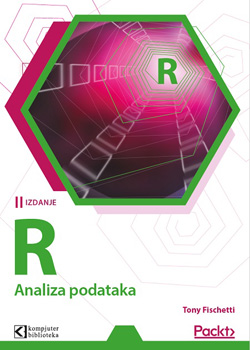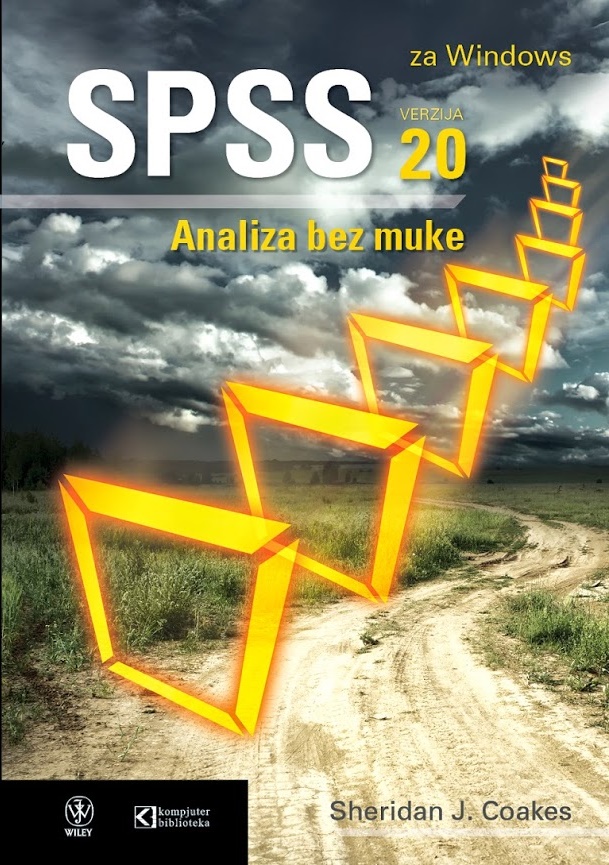

INTRODUCTION Dear reader, If you are a newbie in the world of machine learning, then this tutorial is exactly what you need in order to introduce yourself to this...Read more »
In Power BI, the dashboarding and reporting tool, you can use R to filter, transform, or restructure data via the Query Editor. For example, you could use the mice... Read more »
There was a discussion on Twitter about the need to read in “.msg” files using R. The “MSG” file format is one of the many binary abominations created by...Read more »
wrapr is an R package that supplies powerful tools for writing and debugging R code. Primary wrapr services include: let() %.__% (dot arrow pipe) := (named map builder) λ() (anonymous function builder) DebugFnW() let() let() allows execution of arbitrary code with substituted variable names (note this is subtly different than binding values for names as … Continue reading wrapr:... Read more »
Google Trends shows the changes in the popularity of search terms over a given time (i.e., number of hits over time). It can be used to find search terms... Read more »
Boosting is another famous ensemble learning technique in which we are not concerned with reducing the variance of learners like in Bagging where our aim is to reduce the... Read more »
Part of 1 in the series Random Number GenerationA Linear congruential generator (LCG) is a class of pseudorandom number generator (PRNG) algorithms used for generating sequences of random-like numbers.... Read more »
by Błażej Moska, computer science student and data science intern Suppose that we have performed clustering K-means clustering in R and are satisfied with our results, but later we... Read more »
I needed to clean some web HTML content for a project and I usually use hgr::clean_text() for it and that generally works pretty well. The clean_text() function uses an... Read more »
In this set of exercise , you will explore how to handle bigdata with RevoscaleR package from Microsoft R (previously Revolution Analytics).It comes with Microsoft R client . You... Read more »
Hello, R users! This week we're continuing to bridge the gap between computers and human language with the launch Sentiment Analysis in R: The Tidy Way by Julia Silge! Text...Read more »
Introduction Although there are several good books on principal component methods (PCMs) and related topics, we felt that many of them are either too theoretical or... Read more »
© Sva prava pridržana, Kompjuter biblioteka, Beograd, Obalskih radnika 4a, Telefon: +381 11 252 0 272 |
||